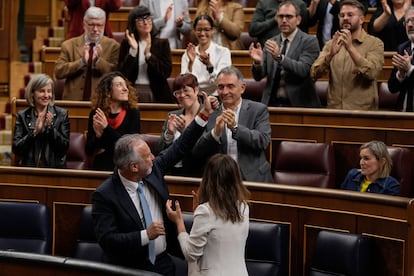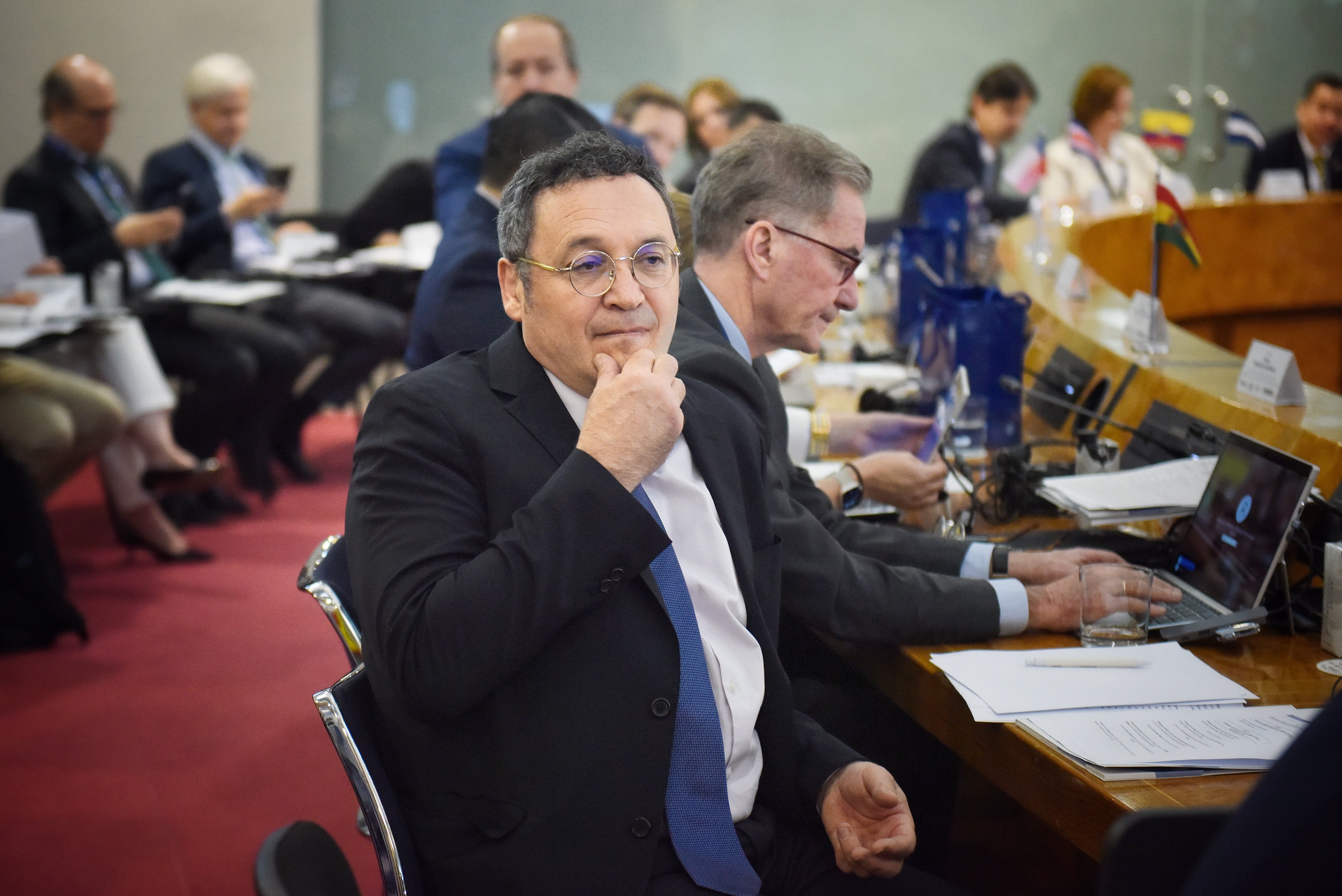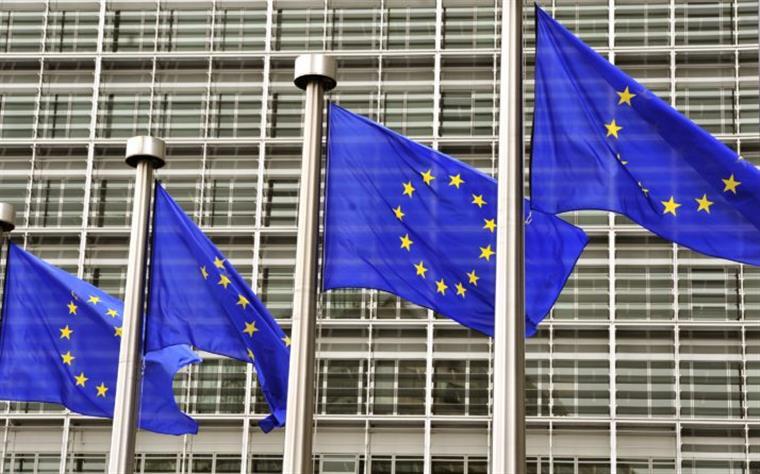Congress approves the law that will dissolve Francoist associations without the support of PP and Vox | Spain

He Congress approved on Thursday Law number 30 of this legislature After the support of the majority (179 votes in favor, 33 against and the 136 abstentions of the PP) to a proposition of the PSOE that regulates the right of association and that will allow illegalizing the entities and foundations that make the apology of Franco, the dictatorship and the coup d’etat of 1936. A law that will dissolve at last after 48 years of democracy associations such as Francisco Franco Foundation, which already has a current file of the Ministry of Culture. The Ultra Vox party reiterated its vote against arguments that gave up any condemnation of that regime and equated this new regulation pending the mandate set two years ago by the Democratic Memory Law with « censorship » and « an intolerable outrage to the most basic freedoms. » The PP, which accepted at the time the debate of this standard, is now unmarked towards abstention with the formal excuse that technical reports have been lacking and their amendments have not been accepted. The PSOE crossed out that output of « unworthy betrayal of commitment to democracy. »
In July 2022, Congress took forward with a simple majority (more yes that do not) The Democratic Memory Law that forced Congress to approve within one year an organic law of the right of association that requires an absolute majority of the Chamber. Then, these two standards were chosen to facilitate the approval by the hair of the first, although when the Congress of the Law of Associations was finally taken into consideration, it was accepted that it was discussed with a wide support: 314 votes in favor (also of the PP) compared to 33 against Vox. That proposition finally came to his final debate in Congress and Vox did not surprise anything, he continues in his frontal rejection, but the PP did take a new turn because now he understands that this proposal « does not question them, » as the Galician deputy Pedro Puy Fraga, nephew of the founder of the Popular Alliance, as he wanted to remember to cause him the spokesperson of the PSOE.
The spokesman for Unión del Pueblo Navarro, Alberto Catalán, partner of the PP, advanced some of the reasons for the unchecking of those parties of the parliamentary right by underlineing that their demands had not been included in the law to prohibit entities that do not condemn or pay due attention to the victims of ETA. The popular Pedro Puy Fraga abounded to argue his current unchecking in the complaint that the PSOE had resorted to register the norm as a proposition and not as a bill to avoid mandatory technical reports and that he had not dialogued anything. Puy Fraga also pointed there to a more general criticism against « the political and dividing polarization » of the country that blamed only the current government and protested because it does not encompass in the sanctions and prohibitions to the entities that exalt the dictatorships and the totalitarian regimes also to those that make the apology of terrorism.
BNG spokesmen, Nestor Rego; by Podemos, Martina Velarde; of the PNV, Mikel Legarda; of EH Bildu, Jon Iñarritu; of Junts, Josep Pagés; De ERC, Francesc-Marc Alvaro, and adding, Nahuel González, agreed that the norm and their objectives of protecting and repairing the victims of Franco and their relatives arrive a little late and are insufficient, although they mostly thanked the step. Junts, who did not support the memory law because he believes that he intends to “bleach” the 78 regime, is with the majority in the associations. ERC warned of the « great failure » that is a certain wave of accessions among younger generations towards a Francoism that equated fascism in his « hatred, exclusion, lies, violence and elimination of discrepant and adversaries. »
The one who did not get out of the planned script was Vox spokesman Juan José Aizcorbe, that cataloged the norm as « an arbitrary, incoherent and unconstitutional infamy » that sees more « typical of censorship, and as a alibi to justify the intolerable outrage to basic freedoms and an attempt to control the thought and criminalization of dissent and the unique story from power. » The deputy ultra interpreted that the law intends to « persecute those who think differently » and although He did not condemn or criticized or show any repair to Francoism and the dictatorship Yes, it concluded that the new law tries to establish “a tyrannical regime from the BOE” and prevent the construction of swamps and the emergence of a middle class during that stage.
The spokesman of the PSOE, Artemio Rallo, presumed the approval of Law number 30 in this mandate so questioned from the PP and Vox for his alleged parliamentary paralysis and lashed out especially against the PP and his deputy Puy Fraga, which he attributed « nostalgia of his own personal and family roots. » Rallo denied that the undergoing norm respect for freedom of expression or demonstration enshrined in the Constitution but did noted that « they are not absolute, they have their legal limits and cannot protect hate speeches. » The socialist deputy deplored that the PP « lost the opportunity to be on the decent side of history » and hid behind abstention.







